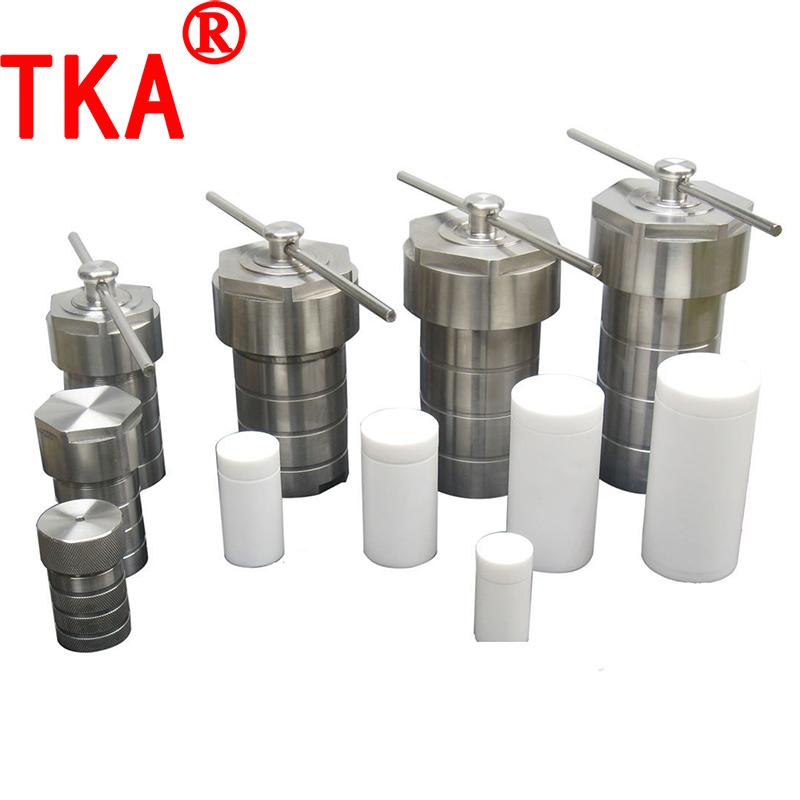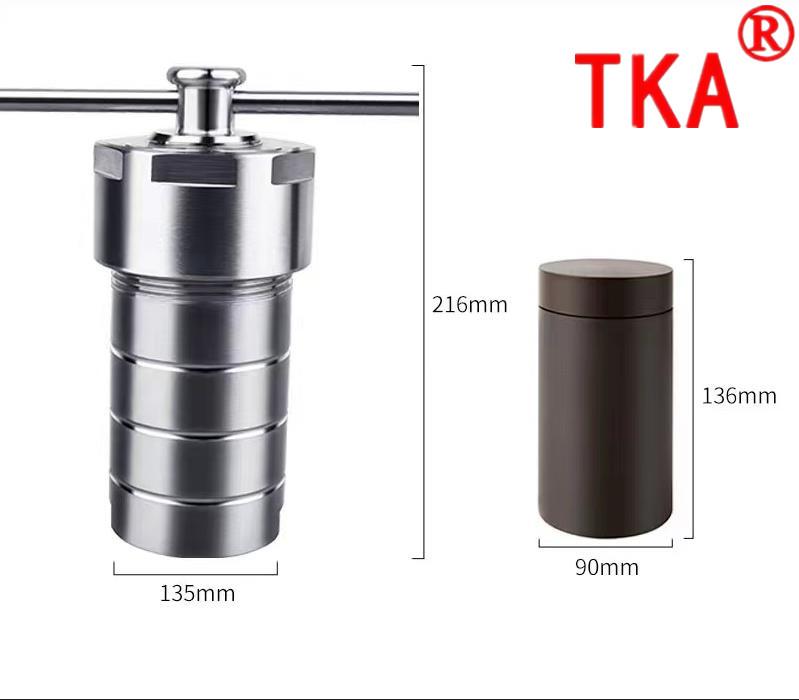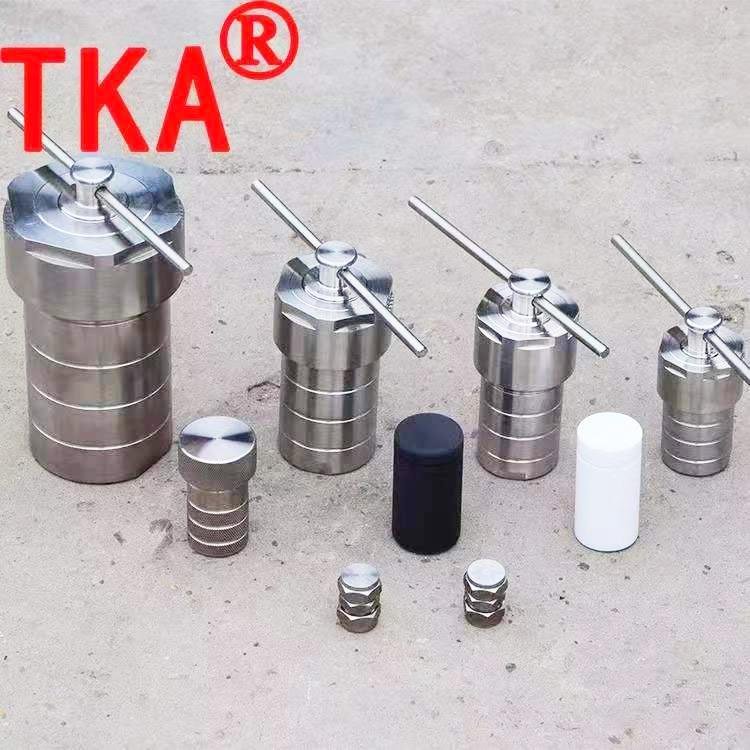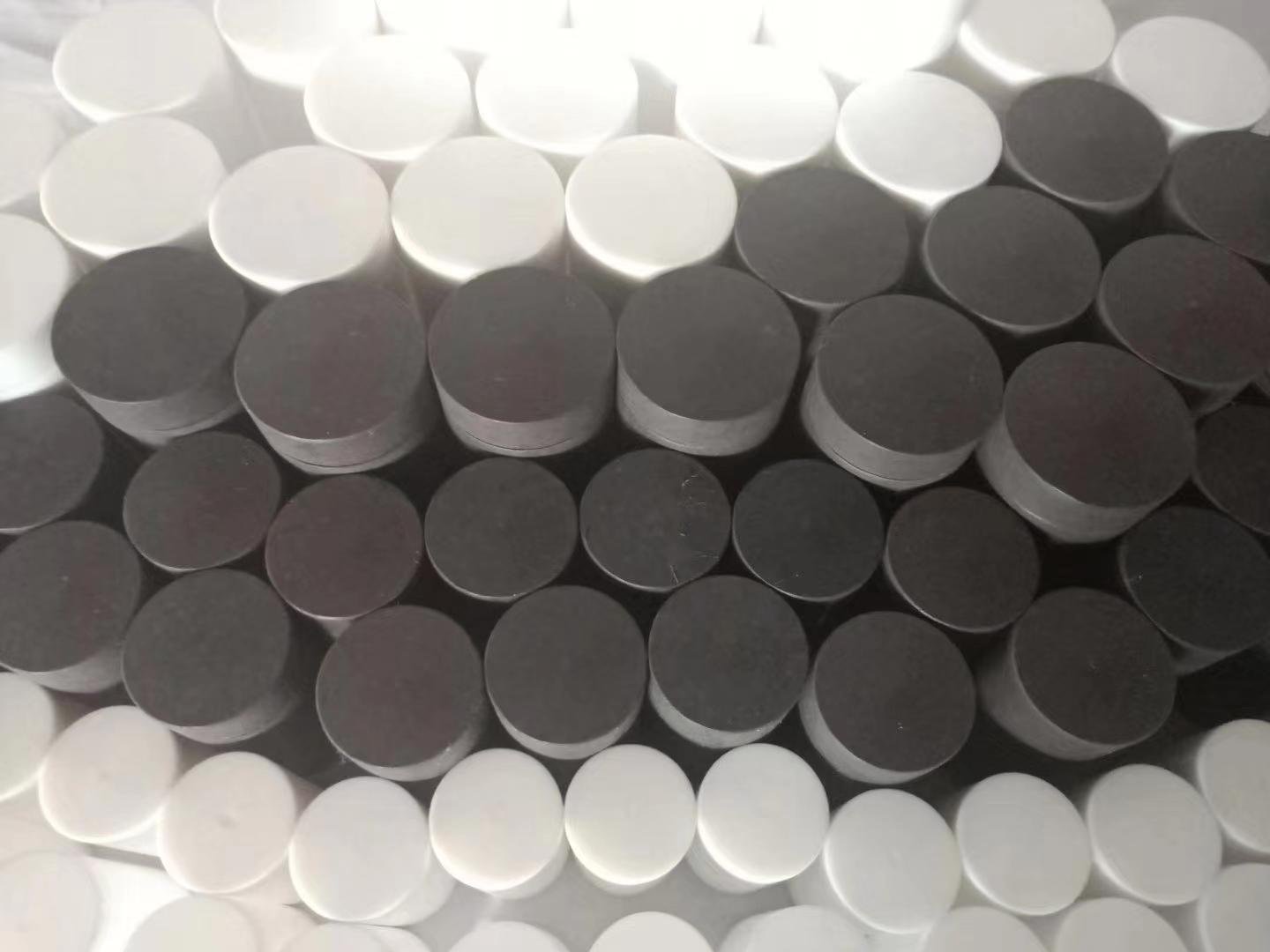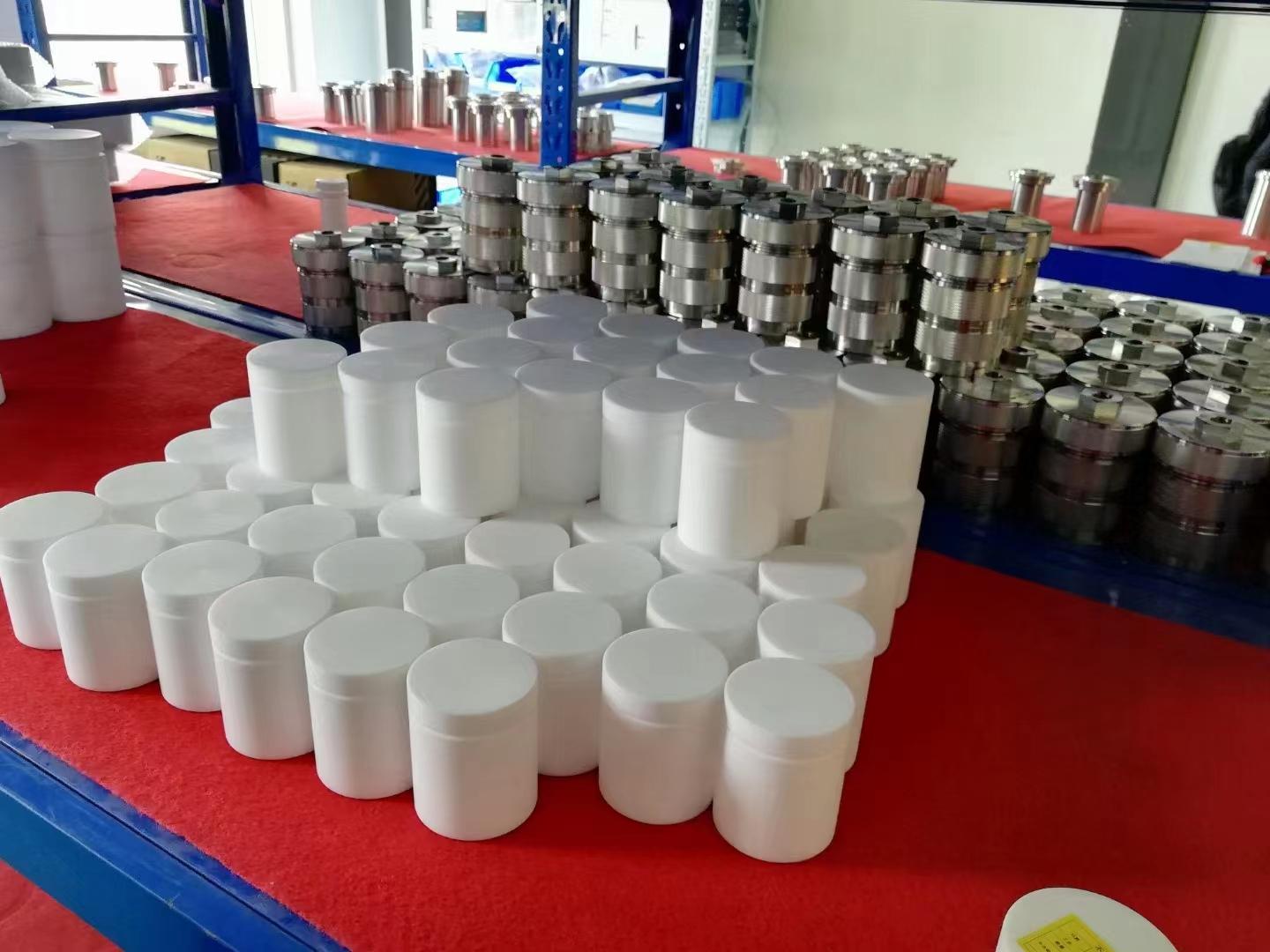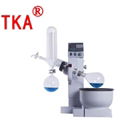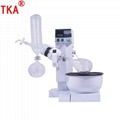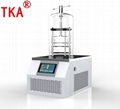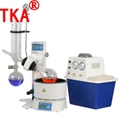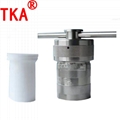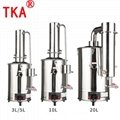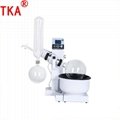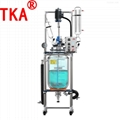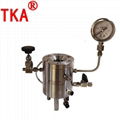| Model: | HK-100 |
|---|---|
| Brand: | TKA |
| Origin: | Made In China |
| Category: | Chemicals / Chemical Lab Supplies |
| Label: | Ptfe Hydrothermal Sy , Lined Hydrothermal S , Hydrothermal Synthes |
| Price: |
US $135.39
/ pc
|
| Min. Order: | 1 pc |
Product Description
The hydrothermal synthesis of ablation tank, also known as hydrothermal synthesis reactor, is the use of strong acid or strong alkali tank and high temperature and high pressure closed environment to achieve the purpose of rapid dissolution of insoluble substances.
The hydrothermal synthesis digestion tank can be used in the determination of heavy metals such as lead, copper, cadmium, zinc, calcium, manganese, iron, mercury, etc. It can also be used as a high temperature and high pressure resistant anti-corrosion and high purity reaction vessel, as well as in organic synthesis, hydrothermal synthesis, crystal growth or sample digestion and extraction. In sample pre-treatment ablation of heavy metals, sludges, rare earths, aquatic products, organic matter, etc. Therefore, it is widely used in research and production in petrochemical, biomedical, material science, geochemistry, environmental science, food science, commodity inspection and other sectors.

Product Characteristics
1. Good corrosion resistance, strong acid and alkali resistance, no harmful substances will be spilled, environmental protection and safety.
2. Under certain temperature and pressure conditions, it can dissolve specimens that are difficult to dissolve at room temperature, as well as specimens containing volatile elements, without damage.
3. Beautiful and light appearance, simple results, easy to operate and understand.
4. Shortened reaction time, stable reaction results and reliable data.
Analysis of those factors affecting the phenomenon of sticky walls in hydrothermal synthesis ablation tanks.
1. reaction temperature and time
A major factor that causes the hydrothermal synthesis reactor to sticky wall is the temperature and time of the reaction, when the hydrothermal synthesis reactor reaction liquid temperature is lower than 80 ºC, if the use of ammonia chloride as a catalyst, due to the rapid reaction speed of ammonia chloride, PH value does not show, after the temperature rises, PH value rapidly decreases, the reaction speed is accelerated, the condensation reaction is too intense to cause gel and appear sticky wall. In addition, the polycondensation reaction time is too long, the resin's molecular weight is large, the viscosity is too high also easy to appear sticky wall phenomenon. Therefore, the temperature and time of the polycondensation reaction should be correctly controlled during operation, and the reaction should be terminated in time. The general temperature of the reaction solution should be controlled within 0~95ºC.
2.The raw material factor
In the production process should choose the standard industrial urea raw materials, so that the sulfate content in urea is limited to 0.01% or less, because when adding urea in the late stage of the resin condensation reaction, it is equivalent to adding a curing agent, prompting the resin to quickly cross-link into a mesh structure, if not handled in time, the resin will be cured in the reaction kettle.
3.The balance degree of operation is not handled properly
In actual operation, we may make the temperature, pressure and other glue-making process indicators unstable or fluctuate too much due to improper handling of the balance degree of operation, which will trigger uneven resin condensation reaction process and cause sticky wall phenomenon, so this requires that we should slowly pressurize and raise the temperature in the production operation. Generally pass into about 0.15Mpa water steam to maintain 2 ~ 3min and then slowly raise the pressure and temperature. The lifting speed should be 0.1~0.15Mpa per minute.
4.Kettle wall temperature difference
The last point is that the temperature difference between the kettle wall and the material is too large, resulting in contact with the stainless steel reactor wall of the glue sticky wall. The best way to avoid this phenomenon is that both heating and cooling should be carried out within a reasonable temperature difference, usually steam temperature should be less than 180 ºC, temperature difference thermal shock should be less than 120 ºC, cooling shock should be less than 90 ºC. At the same time, attention should be paid to determine the appropriate cooling medium inlet and outlet temperatures to maintain a balanced operation.
The occurrence of the phenomenon of sticking walls in the hydrothermal synthesis reactor will seriously affect the normal use of the instrument, so we should try our best to avoid this phenomenon in the process of use.
Product Parameters
| Products Name | Explosion Proof Hydrothermal Synthesis |
| Working temperature | ≤240ºC |
| Working pressure | 6MPa |
| Heating and cooling rate | ≤5ºC/min |
| Reaction volume | 10ML/20ml/25ml/50ml/100ml/200ml/500ml |
| Operation Pressure | 3 Mpa |
| Chamber Material | High quality PTFE or PPL. |
| The outer material is high quality stainless steel, the inner material is ptfe. The hydrothermal synthesis reactor is sealed with circular tenon groove, and the sealing effect can be achieved by manual screw to ensure long-term sealing without leakage. | |
Member Information
| Taikang Biotechnology Co.,Ltd | |
|---|---|
| Country/Region: | Shaan Xi - China |
| Business Nature: | Manufacturer |
| Phone: | 13201558918 |
| Contact: | Amy liu (Product manager) |
| Last Online: | 22 Feb, 2023 |
Related Products of this Company
-
KTA Chemistry Laboratory Rotary
-
Vacuum Rotary Evaporator
-
lyophilizer
-
Explosion Proof Lab Rotovap Rotary
US $1793.68
-
Teflon Lined Hydrothermal Reactor
US $215.63
-
Stainless Steel Portable Household Water
US $129.53
-
Factory Direct Sale Rotatory Evaporator
-
2-100L Chemical Auto Rotary Evaporator
-
TKA Lab Double Layer Glass Reactor
US $1555.59
-
Economic Chemical 500ml High Pressure
US $1600
